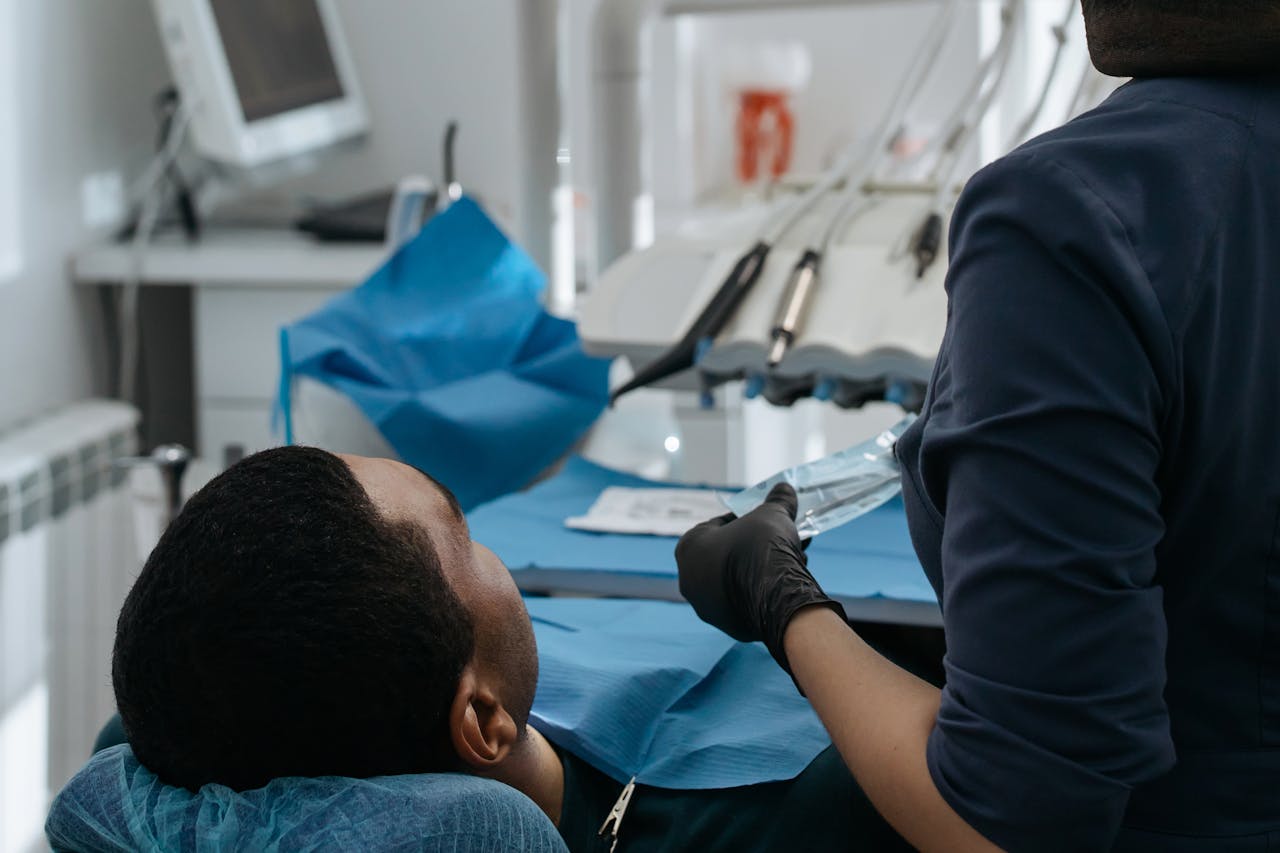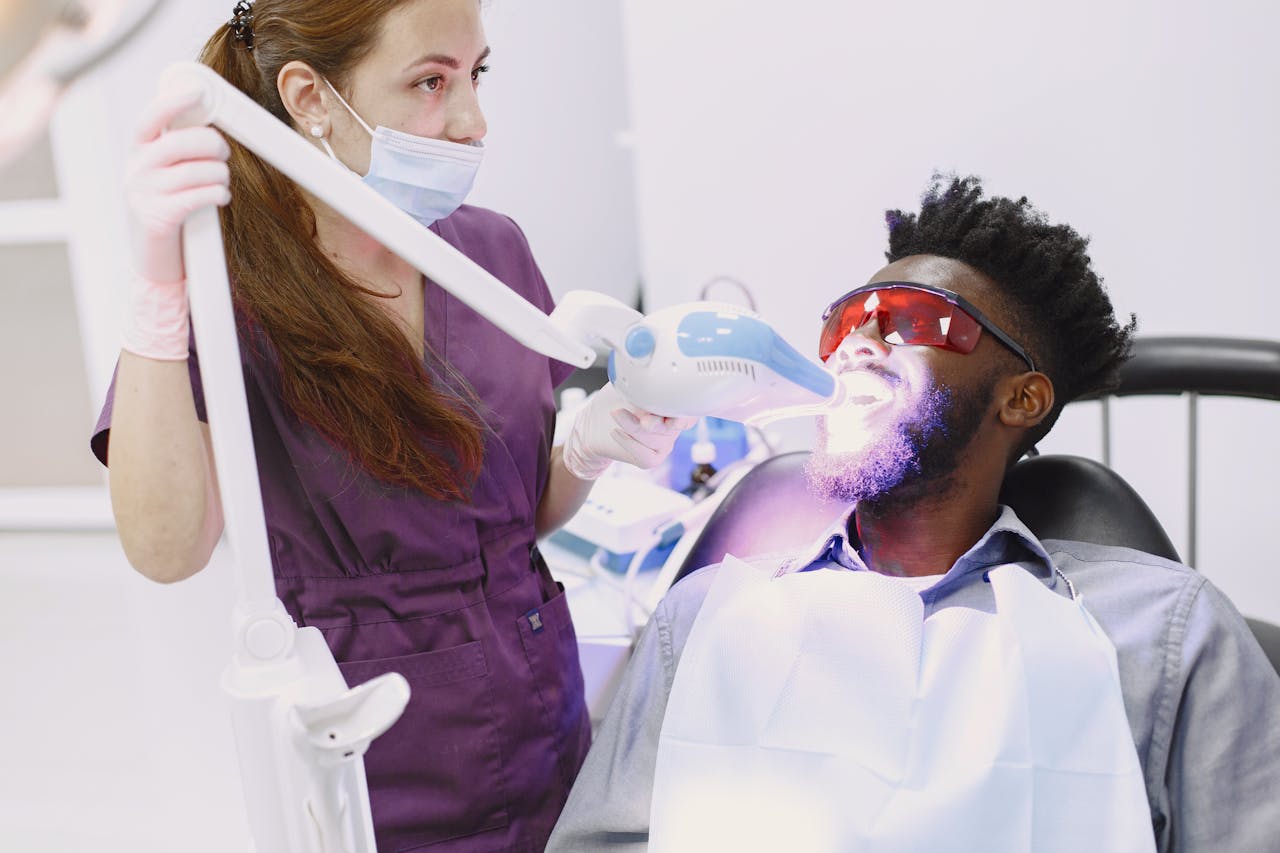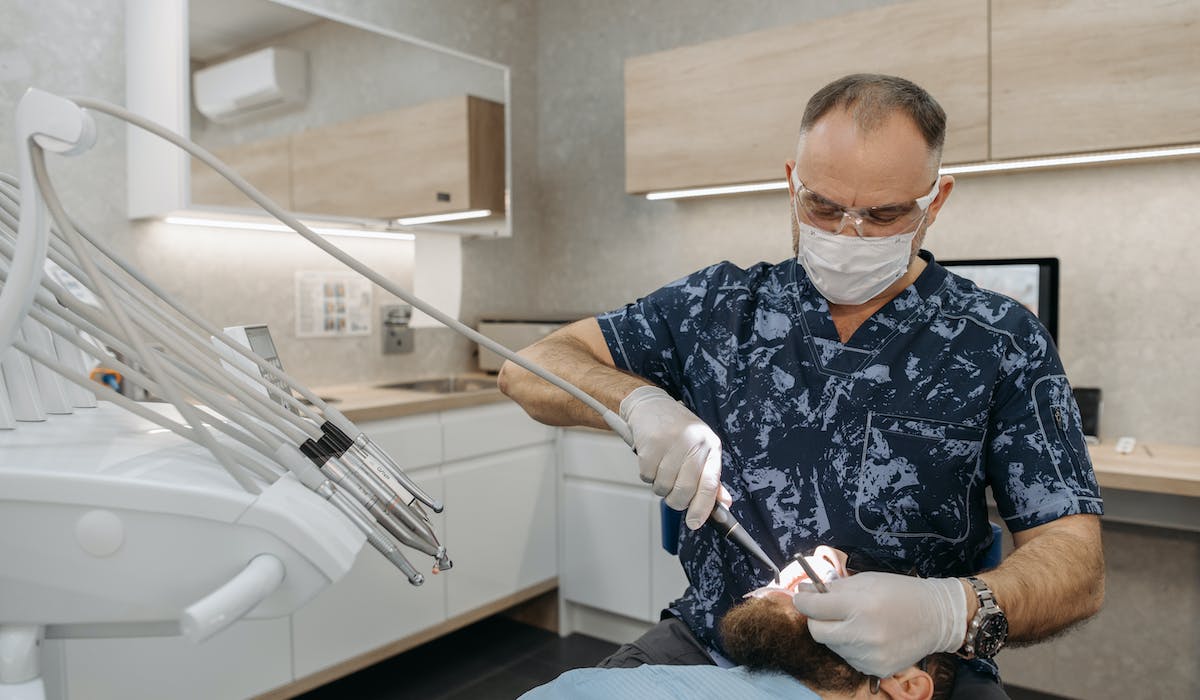A wisdom tooth is the last set of the molar that grows in a person’s lifetime. They grow at the back of your mouth and are four in number. The wisdom teeth often grow between the ages of late teens and early adult, i.e. between 17 and 25 years of age. Most patients don’t feel any discomfort during the growth of wisdom teeth. Even though you don’t feel any discomfort, you need to consult with your dentist to know about the growth of wisdom teeth. If your wisdom teeth have grown at the right angle, you no need to remove your wisdom teeth. In case, your dentist in Blacktown finds any issue he or she may suggest you undergo wisdom teeth removal in its early stage.
Common Complications
If your dentist suggests you wisdom teeth removal, it is better to undergo the procedure in its early stage. Few common complications you may experience due to the wisdom teeth include
- Pain
- Swelling in jaw
- Bleeding gums
- Inflamed and irritated gums
- Damage to surrounding teeth
Patients experiencing the above symptoms need to consult your dentist in Blacktown dental clinic as soon as possible. There are various reasons you need to undergo wisdom teeth removal and few are mentioned below.
- Hidden completely
- Overcrowding
- Inflammation and infection
Hidden Completely
In few cases, the wisdom teeth may suffer to emerge normally, and so they become trapped in the jaw. This cause infection or lead to the formation of cyst that can damage nearer teeth roots or jawbones.
Overcrowding
Overcrowding of teeth happens due to the lack of space in your mouth. When wisdom teeth erupt from your gums, they will move the other teeth and form crowding of teeth inside your mouth. This may result in misalignment of teeth.
Inflammation and Infection
Due to lack of space and partial impactions, your wisdom teeth may lead to gum inflammation that results in painful gum disease or other health issues. You may feel discomfort to brush and floss your teeth due to the crowding of teeth. So the food particle may stuck inside your teeth and initiated the growth of bacteria and result in tooth infection. The infection caused can spread easily to the nearer teeth causing more dental issues.
Wisdom Teeth Removal Procedure
During the wisdom teeth removal procedure, your dentist may use one of the three types of anesthesia depending on the complexity of the procedure. After giving anesthesia, your dentist will make an opening in the gum tissue to expose the tooth and the bone. Then they will remove your teeth and clean the site to remove any debris that is left on the site. Stitches will be put on the opening to close the surgical site and speed up the healing process. After the wisdom teeth removal procedure, you need to have regular checkups from the dentist in Blacktown dental clinic.









